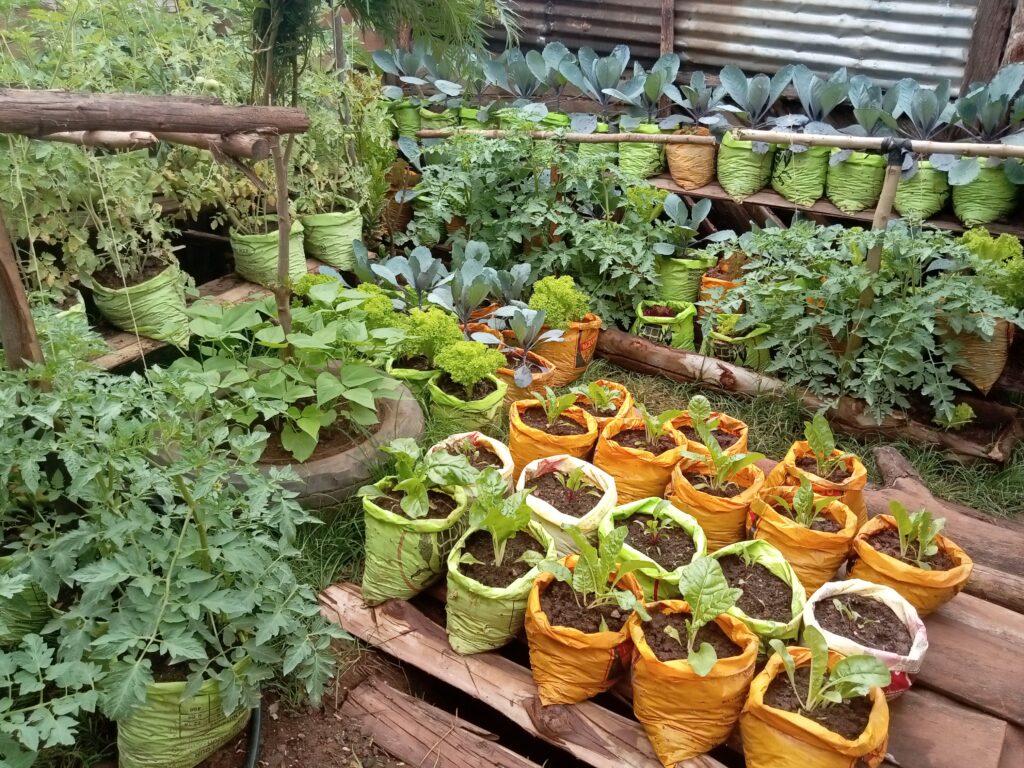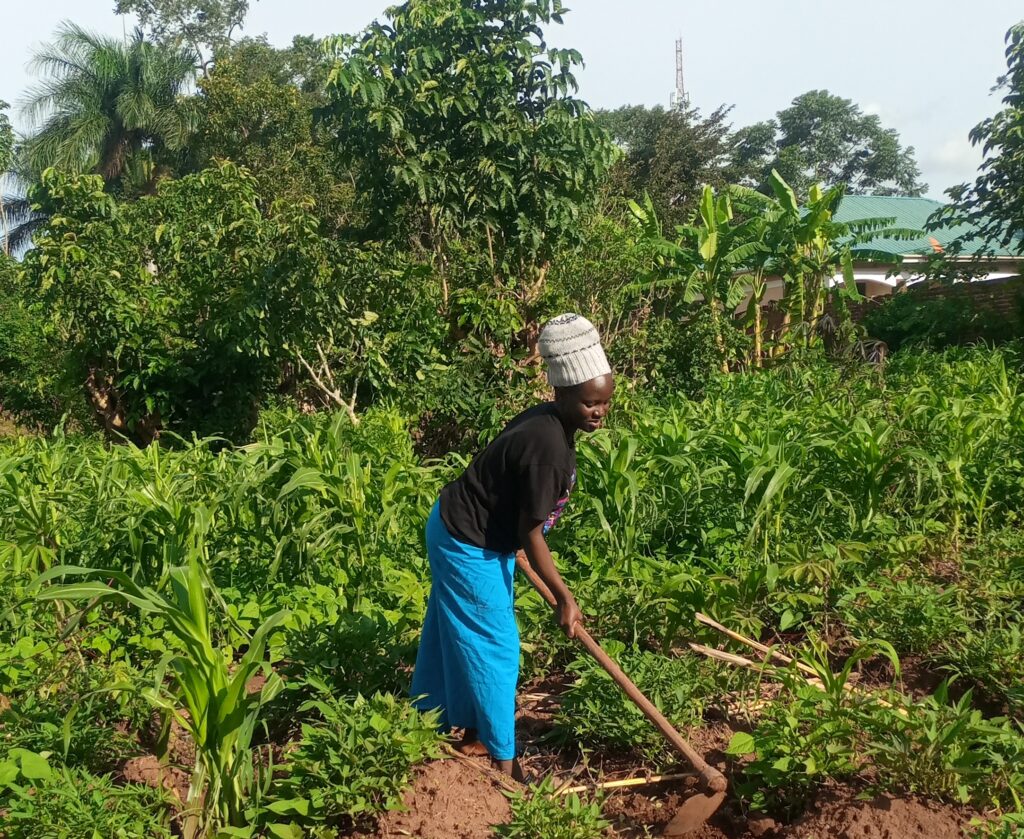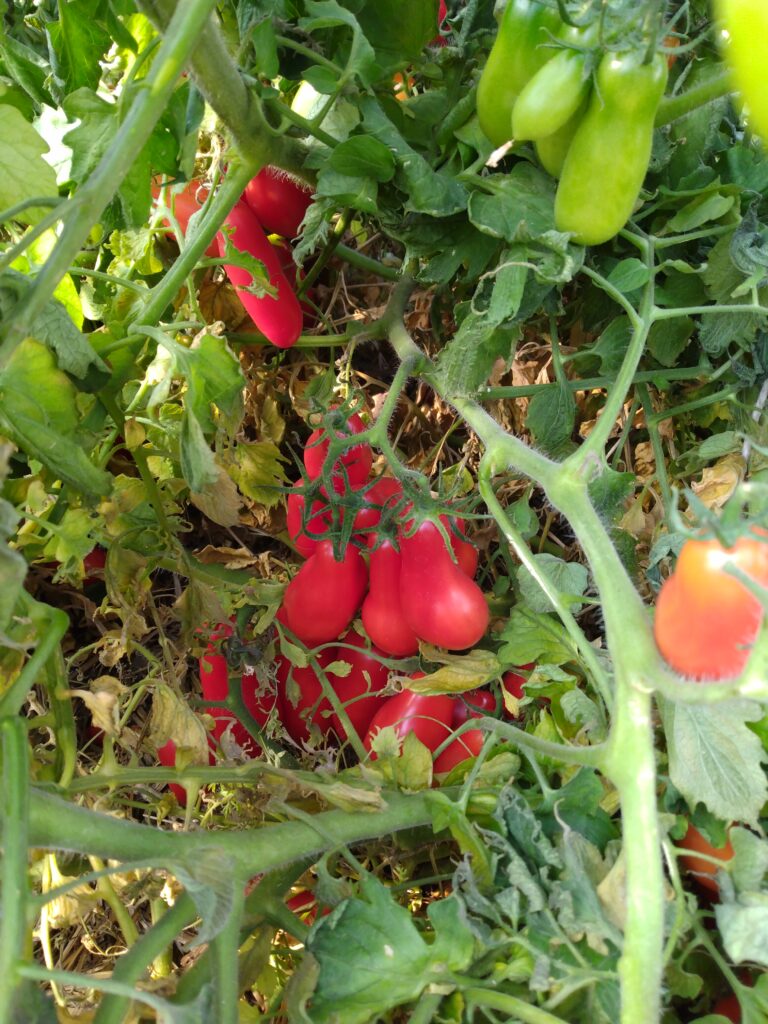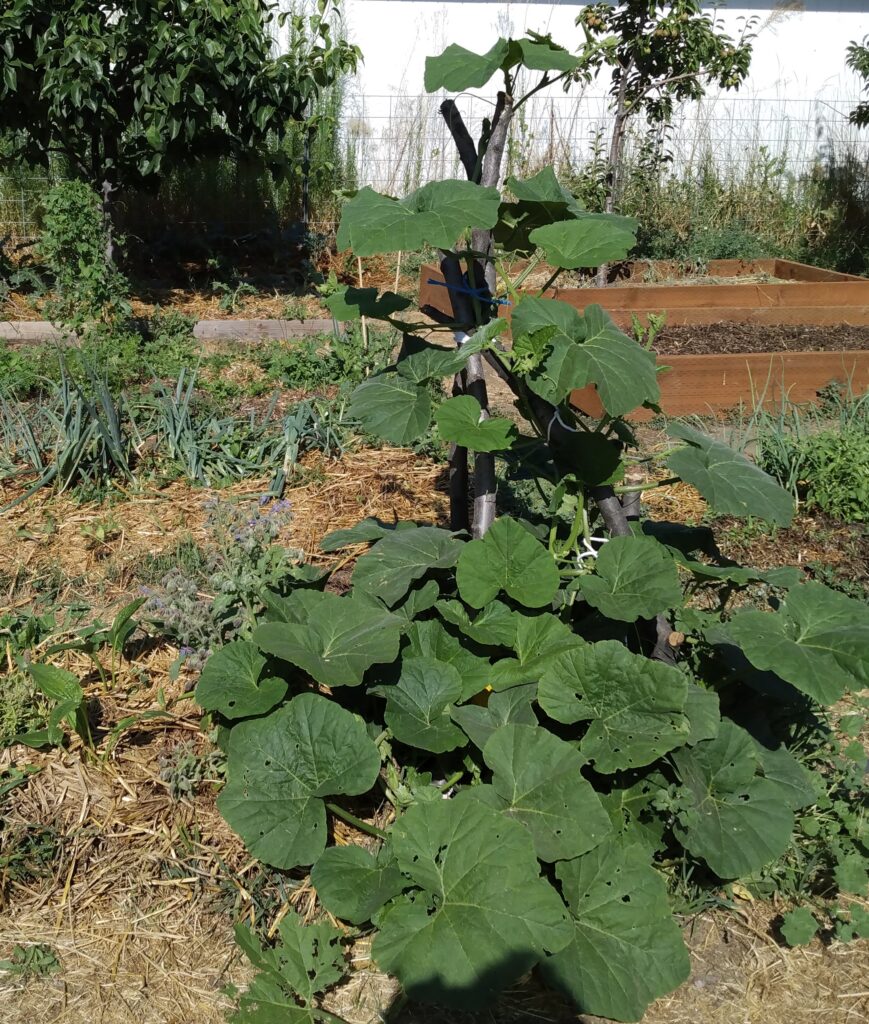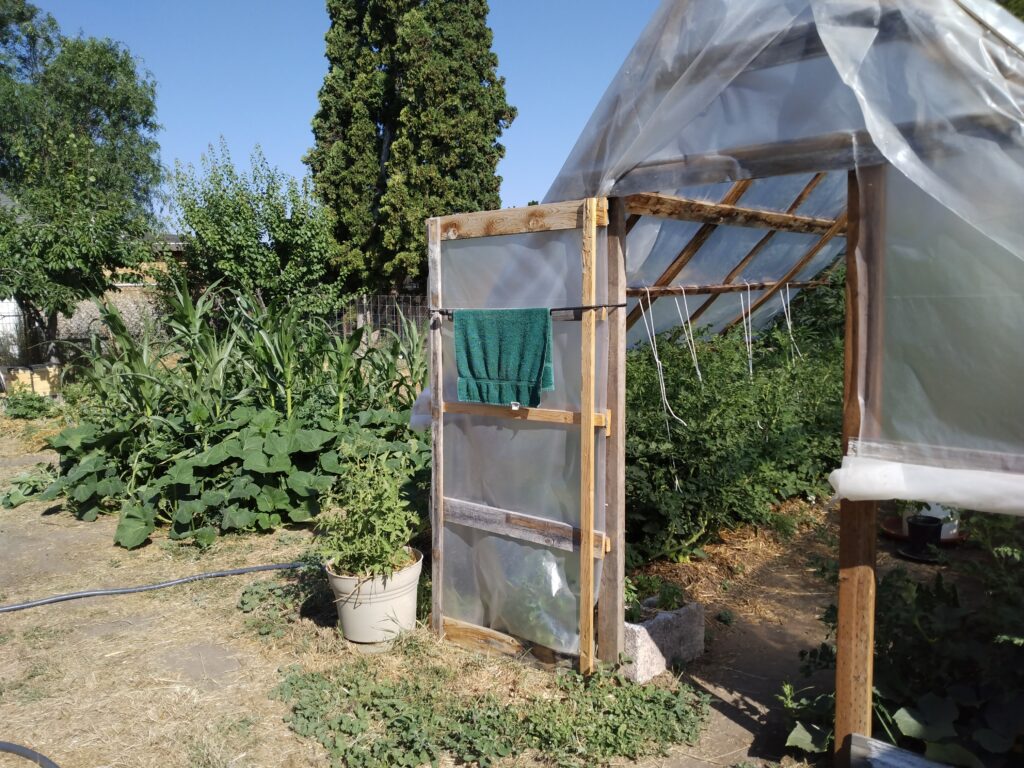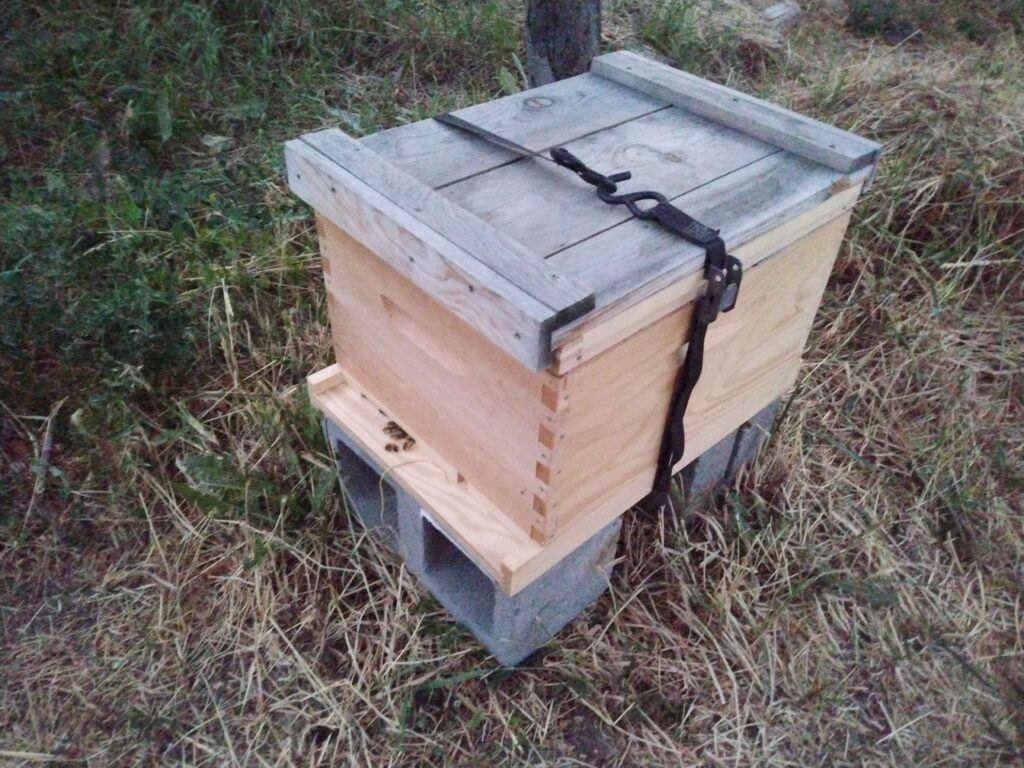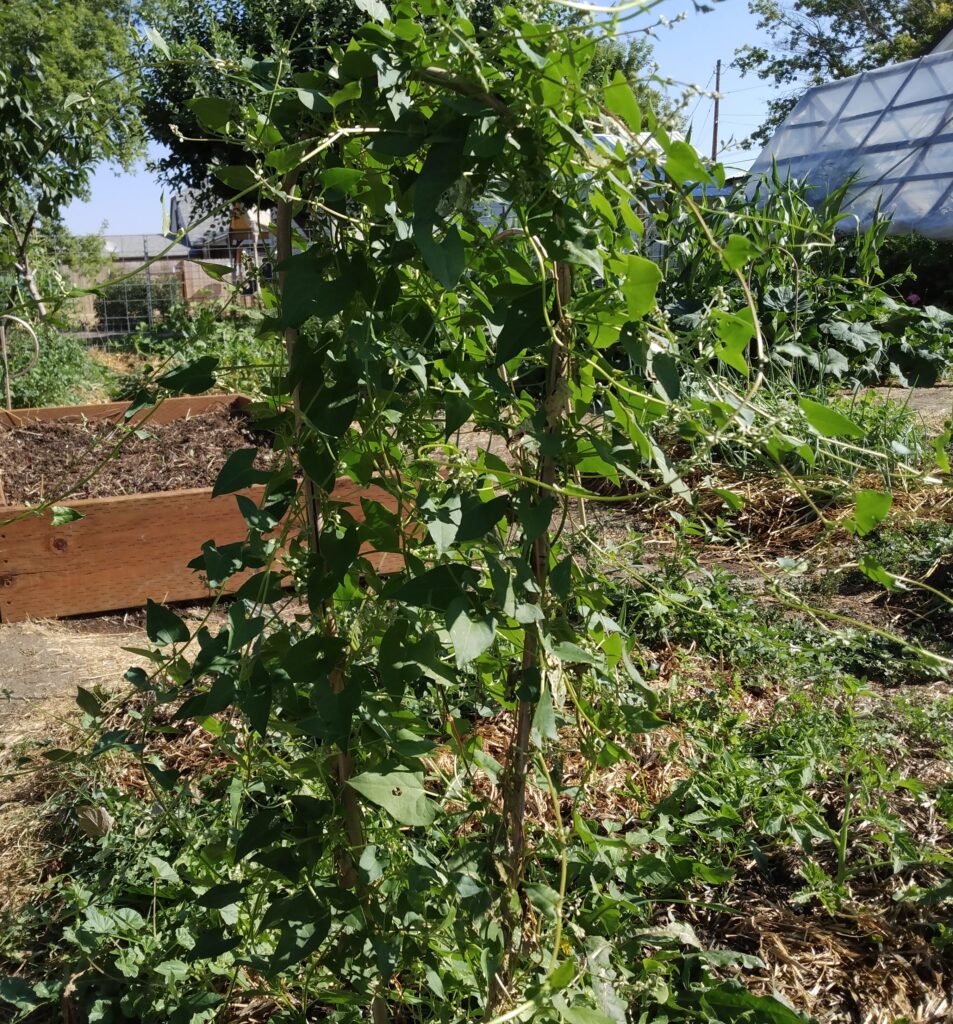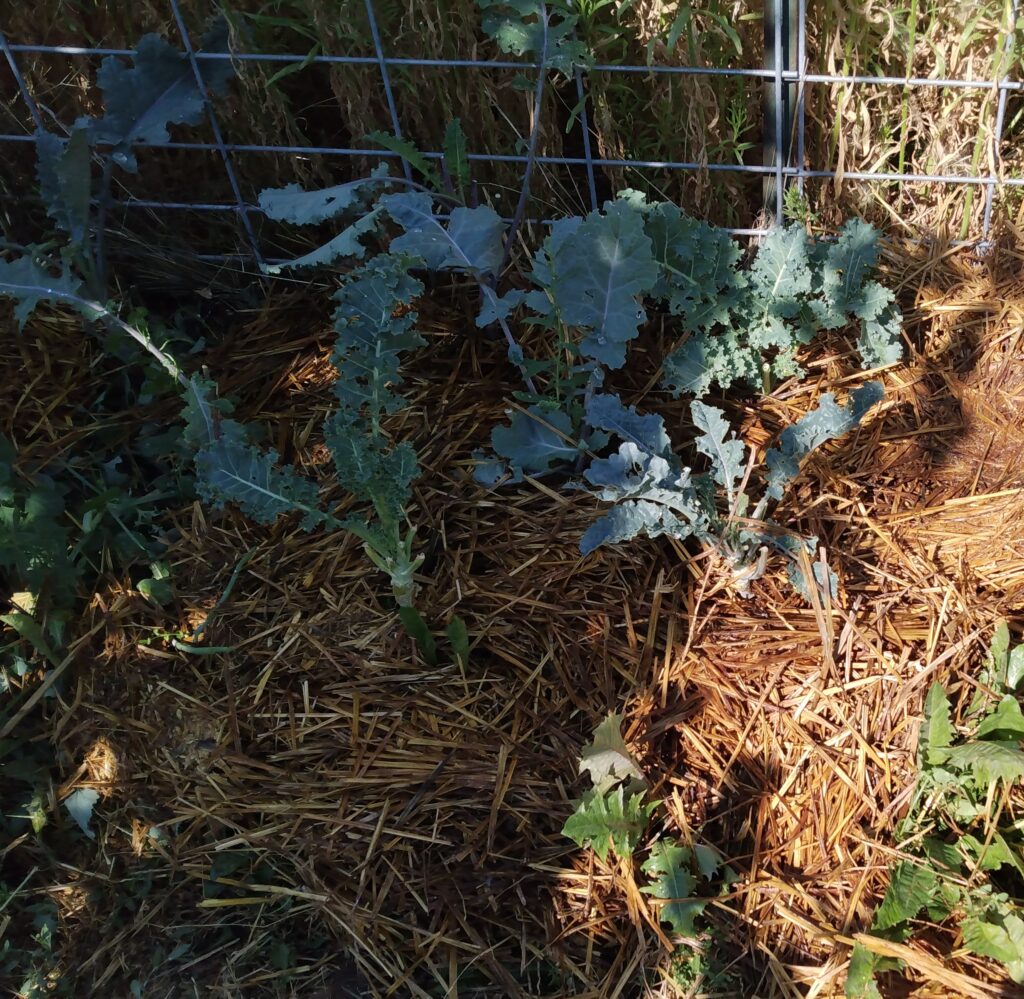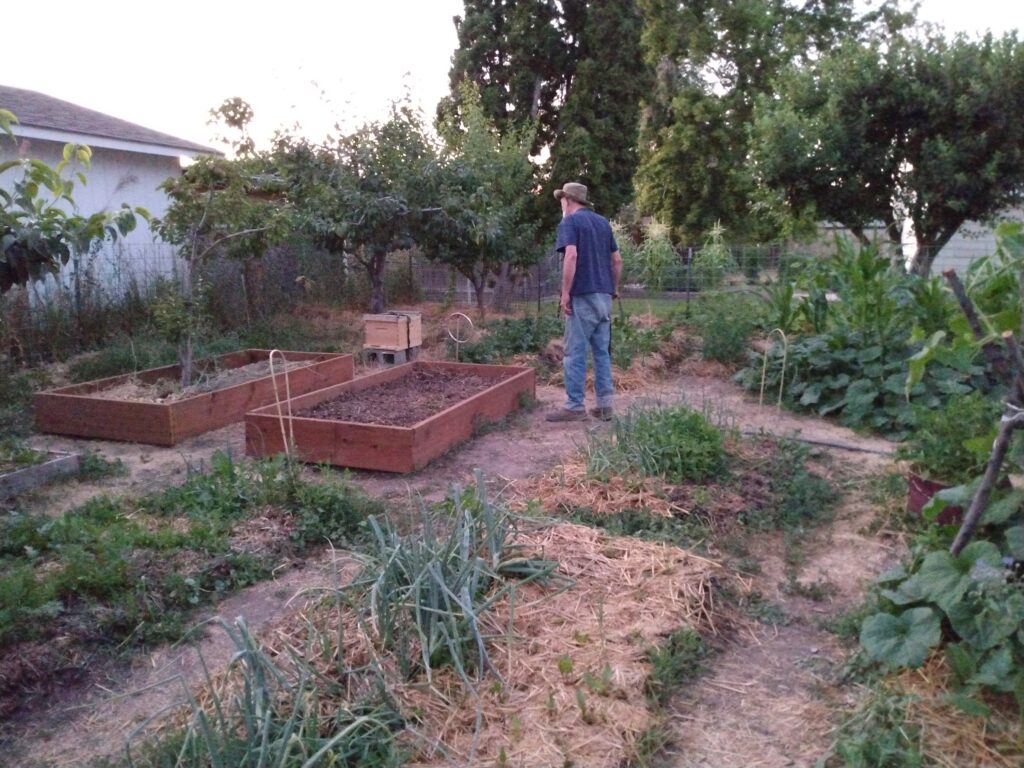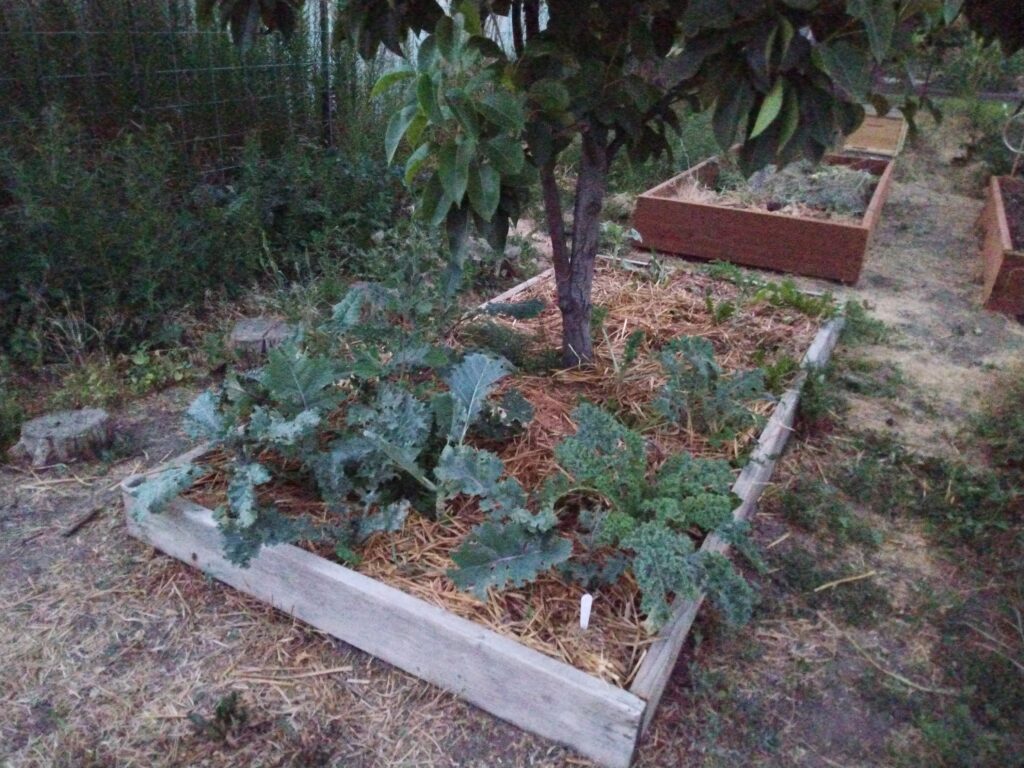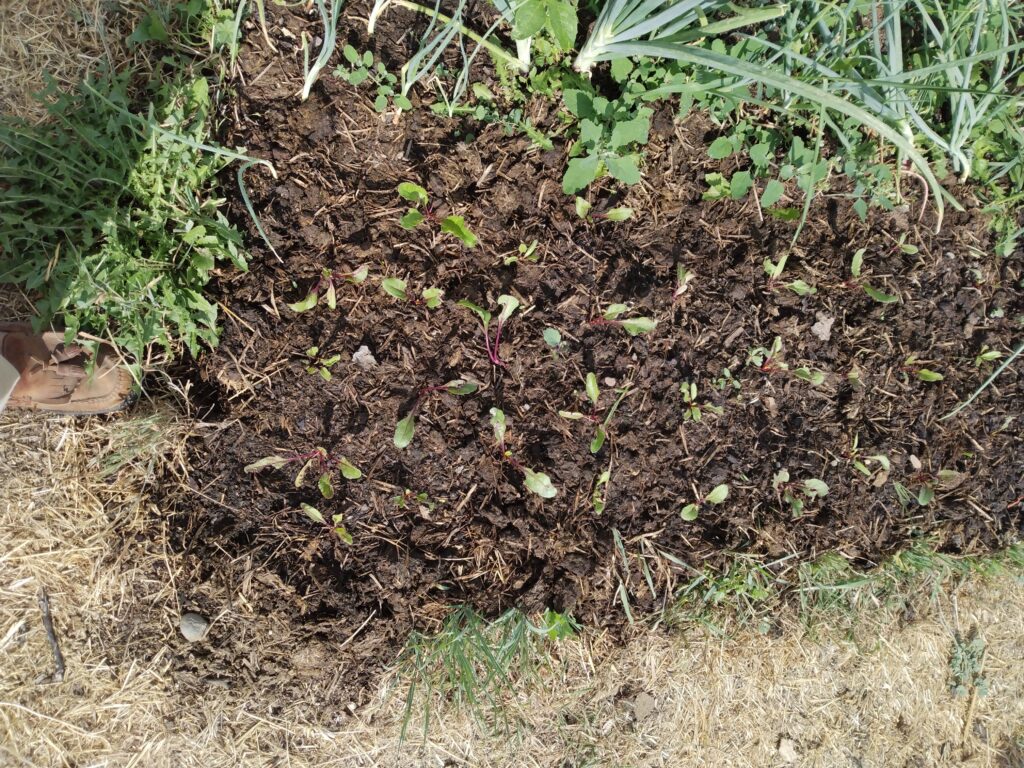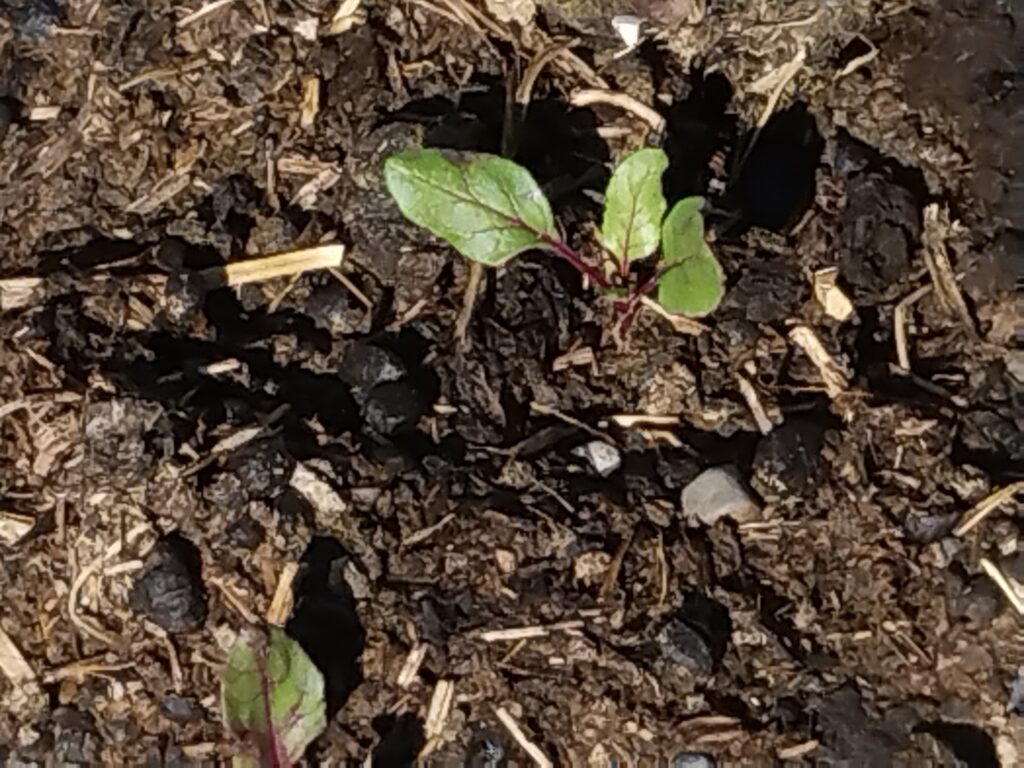Snake River Music Gardens Newsletter, Summer 2024
You Can Now View on YouTube our Presentation on Behalf of Farmers and Ranchers at Princeton University, May 24, 2024
The Great Escape from Net Zero Hunger Games: Choosing Food Sovereignty over Climate Alarmism
Princeton Alumni Weekly, July/August 2024 in its Reunions to Remember issue mentions Snake River Music Gardens
From Carlett Spike's article Rise Above. "Despite a sad absence and controversy, it was a roaring Reunions, especially for the Class of 2024 which entered Princeton during the height of COVID restrictions." The article mentions, "That afternoon [May 24], the Conservative Princeton Association hosted "The Great Escape from Net Zero Hunger Games," where speakers discussed the opportunities for Africa's energy and agricultural potential and claimed to debunk climate change "myths." For example, Diana Furchtgott-Roth said "most sea-level rise is a response to the interglacial period."
"Lindianne Sappington '76, executive director of Snake River Music Gardens, a non-profit focused on rural farming, spoke about how American agricultural regulations implemented to mitigate climate change concerns can hurt farmers. "Most food-producing families are too polite to say how we feel about what's being done to us," Sappington said, but ulimately, "If we don't grow food, you don't eat."
Thank you, Princeton Alumni Weekly, for mentioning our event. We also said that earth has entered a benign interglacial warming period and that earth's leaf area has increased 15% since 2000 thanks to increased CO2.
While we were back east, Arthur and I were treated by our family to a tour of Amish country. We were thrilled to visit Miller's Organic Farm and meet Amos Miller, the Amish Farmer now prevailing in court on constitutional grounds against the Pennsylvania state agency trying to close down his farm food processing and distribution which serves 10,000 private food customers.
Amos Miller's operation is a classic example of food sovereignty, a family farm serving thousands of private customers who buy directly from the farmer without a middleman.
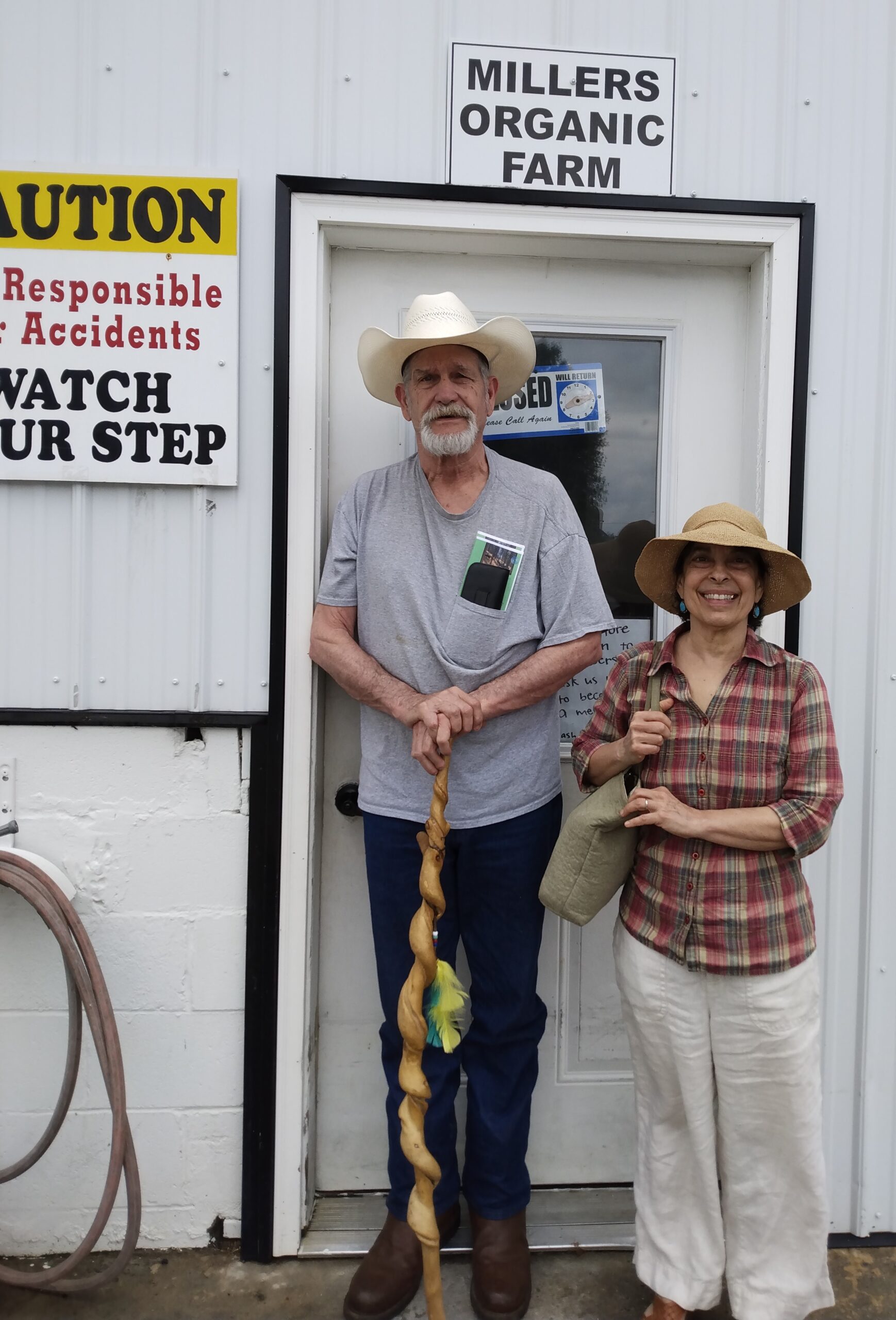
On May 24, 2024 we presented at Princeton University our work in Oregon and Uganda at the panel discussion The Great Escape from Net-Zero Hunger Games.
Below is our written presentation:
Sappington Presentation to Conservative Princeton Association
Workable Solutions: Food Production in Oregon and Uganda Watersheds
Lindianne Sappington:
Thank you for your kind introduction.
Thank you, Conservative Princeton Association, for this opportunity to speak for farmers and ranchers.
Thank you, Will Happer and the scientists who exposed the hypocrisy of the NET ZERO agenda, liberating humanity from the cynical hoax that carbon dioxide and methane, basic molecules of life, are harmful to life.
Arthur Sappington and I are here from the front line of the war against farmers and ranchers. American agricultural trade enjoyed a +$5.2 billion annual surplus under Trump. In 2023 America spent $21 billion importing food.
Hundreds of thousands of American farms are being forced to close by regulators who change definitions and impose destructive mandates, using the excuses of climate change and water quality.
2022 and 2023 witnessed globally coordinated attacks against farmers in Sri Lanka, Europe and America.
Of particular interest are the Amish farmer case in Pennsylvania, https://www.shepherdess.com/amish-farmer-raided-again-2024/ and the Nourish Co-operative Case in Michigan, https://articles.mercola.com/sites/articles/archive/2024/06/18/government-throws-food-in-dumpster.aspx?ui=806ee03ccea04aded014074466baae1a36a091be0bb09ce5b015985152bce4e8&sd=20220423&cid_source=dnl&cid_medium=email&cid_content=art1HL&cid=20240618_HL2&foDate=false&mid=DM1589154&rid=50603343
BUT THERE IS GOOD NEWS!
GOOD NEWS IN NATURE
Earth is in an interglacial warming period. Tropics stay constant, northern latitudes have earlier springs. Deserts are greening as atmospheric CO2 increases. Hillsides that were bare are now green. Nature is in balance.
GOOD NEWS IN WATERSHED MANAGEMENT
Watershed management can green any desert on this planet.
For example, although the Snake River watershed lies in the rain shadow of the Cascade Mountains, by using prescription burns, beaver dams, and beaver dam analogues, and by adjusting forest canopy to maximize snowmelt capture, our watershed mitigates wildfires and supports agriculture, ranching, and orchards.
GOOD NEWS IN LAW
God’s law, natural law, constitutional law, and statutory law support the farmer’s right to grow food: food sovereignty.
GOOD NEWS OF FARMERS ORGANIZING TO PROTECT AGRICULTURE
The Net Zero Attacks of 2023 against European farmers resulted in the Great Tractor Blockades of 2024. The lesson in Europe? Farmers and producers are the foundation of all economy. No farmers, no food, no freedom.
Watershed managers provide water. What humanity does with that water, is the rich agricultural heritage of this planet:
permaculture,
food forests,
Farming God’s Way,
Willing Workers on Organic Farms (WWOOF)
Alan Savory’s pulsed grazing to restore rangelands,
India’s Paani Foundation Water Cup Competitions,
the restoration of China’s Loess Plateau,
farmers markets,
community supported agriculture,
farm to table,
food co-ops,
local food.
My husband Arthur Sappington has dedicated his life to watershed management.
Arthur Sappington: WATERSHED MANAGEMENT
On America’s East Coast, people take water for granted. In the 11 western states we must manage our watersheds and forests for water quantity and quality.
Managing watersheds and forests for water quantity and quality is the purpose for which the USDA Forest Service was founded.
In the 19th and 20th century, western miners and farmers engineered workable solutions for watershed management, setting up mining and irrigation systems.
The watershed manager’s most valuable ally is the keystone species, the beaver.
Thanks to watershed management, the farmers of Eastern Oregon, with minimal rain, can grow produce and raise animals. https://workspace.oregonstate.edu/course/permaculture-design-certificate-online
FOOD SOVEREIGNTY AND FOOD SECURITY
Food sovereignty is the right to produce food. Food security is delivering food to all, both rural and urban. Food sovereignty is the foundation.
James Madison said: “The right of the people to purchase food from the source of production or to grow food of their choice IS GRANTED BY GOD and shall not be infringed, and government shall make no law regulating the production and direct distribution of food products between people or individuals.”
The provision, based on settled law, that. . .local governments are free to enforce their own criminal and civil laws on all land within their jurisdiction, so long as those laws do not conflict with federal law, has been well established in court cases such as California Coastal Comm’n v. Granite Rock Co.
In American law, counties historically were and still are agents of the state, the original state agencies. All subsequent state agencies must coordinate with the counties. In 1973 the Oregon legislature recognized that all counties have “authority over matters of county concern,” now codified at ORS 203.035.
This Oregon statute delegates general legislative powers to all counties to address local problems by adopting county legislation without seeking prior permission from the state legislature.
Thus, food sovereignty can be established by county ordinance.
In Oregon the state is trying to assert authority over family farms far beyond what is authorized by statutory law.
American law protects the producer from regulatory overreach. To exercise this protection, you must know the difference between statute and regulation:
Statute – governs all citizens
Regulation – governs agency employees
If statute and regulation conflict, statute governs.
The Oregon Department of Agriculture redefined CAFOs (concentrated animal feeding operations) as any animal-containing structure with an impermeable floor--including a family chicken coop or dairy with a couple of cows--requiring the farmer to spend upwards of $100,000 to upgrade his structure.
Through TMDLs (total maximum daily loads), state agencies are imposing NEPA human drinking water quality standards on fertile upland streams full of fish, beaver and wildlife.
Such arbitrary mandates are forcing the closure of farms and ranches built over generations of family life.
We are developing a constitutional case to restore the state to its statutory and fiduciary duty to yield autonomy to producers. If you are a constitutional attorney, please contact us.
As family farmers and ranchers, our message to the state is simple: We have a constitutionally protected God-given right to grow food, raise animals, market our products, and manage our lands, forests and waters as we see fit locally.
WEAPONIZED FOOD
Globalists publicly state they aim to reduce earth’s population. As a result, they have weaponized food.
Food is weaponized by monopolizing food industries. Beef is 85% controlled by 4 companies: Cargill, Tyson, Monfrig and JBS. The US Cattlemen’s Association reports price fixing to drive family cattle ranchers out of business, and foreign beef being labelled American.
Food is weaponized by war. Food prices in Uganda, Africa doubled and tripled a few weeks after Russia invaded Ukraine.
Food production is attacked via the big lie that carbon dioxide and methane from cattle cause catastrophic global warming.
Reference links are on our website, www.snakerivermusicgardens.org, including Jordan Peterson’s interview with Michael Yon and Eva Vlaardingerbroek, Dutch Farmers, Canaries in the Globalist Coal Mine. https://www.youtube.com/watch?v=pqHQN54XCL0
NATURAL RESOURCES + CULTURE = ECONOMY
This means: Respect the ethical, moral, family-based, land-based cultures who still exist on our planet.
Whether we feed one family or 500, producers who engage in farming, ranching, timber, fishing, and mining are the foundation of all economies.
Lindianne Sappington:
Most food producers are too polite to say how we feel about the attacks on farmers and ranchers:
Stop complaining about our work, show gratitude for our work, and stay out of our way, because if we don’t grow food, you don’t eat.
FOOD SOVEREIGNTY IN EAST AFRICA
Three East African nations, Uganda, Kenya, and South Sudan, form the geographic nucleus of an emerging agricultural and spiritual renaissance.
Watered by the mighty Lake Victoria/Nile River watershed, served by a railroad built by the British, powered by the determination of a very diligent culture, this region is scaling up its agricultural renaissance through strategic investments.
Oregon State University’s Andrew Millison and a global network of watershed managers are training entire districts of Africa, India and the Middle East in watershed management and food forestry. https://mail.google.com/mail/u/0/?hl=en#inbox/FMfcgzQVxHZXvQnZMTcWdBdSjwTCVCJM?projector=1.
This is ripe to occur in East Africa.
We met our Ugandan correspondents through spiritualfamily.net and the Fifth Epochal Revelation. Youth in Act – Uganda ministers to orphans and the poorest of the poor.
Snake River Music Gardens and Youth in Act - Uganda have evolved workable solutions to hunger and poverty. Our solution requires only small strategic investments because we select qualified individuals working for food self-reliance.
Our solution has many facets: economic, scientific, agricultural, constitutional, educational, entrepreneurial, and spiritual. Because we apply the same principles in Oregon and Uganda, our work is adaptable to any culture.
In Uganda’s Mayuge District, where Youth in Act – Uganda operates, we find an intact culture: 95% of marriages stay together. Women and children are protected. The population is devout. The Fifth Epochal Revelation took strong root in Uganda.
The people of Uganda have a huge challenge: raising more than a million AIDS orphans.
To meet this challenge, we bring introduce Youth in Act – Uganda’s Strategic Five-Year Plan to end poverty and hunger, written by Waiswa John Billy, a social entrepreneur who measures his fortune in numbers of souls uplifted by his work. Here is the link to the strategic plan on the spiritualfamily.net website:
https://spiritualfamily.net/file/view/55563/youth-in-act-uganda-strategic-plan-2023%E2%80%932028-youth-in-act-uganda
While raising 35 orphans, Waiswa and his agriculture officer, Joe Mulopi, wrote this scalable five-year plan to end hunger and poverty among the poorest of the poor, through kitchen gardens, community education, basic sanitation, entrepreneurship, and food forests that revive the ancient fruit and nut trees of Africa.
We introduce Julius Gumisiriza’s book, Great Adventures in Uganda’s Food Forest Movement and Fifth Epochal Revelation, available on Amazon.
We invite you to visit our Ugandan correspondents at Profiles in Self-Reliance at snakerivermusicgardens.org.
Waiswa John Billy and Joe Mulopi are within $3000 of purchasing a 10 acre food forest with 60 beehives to support 100 orphans.
Julius and Cossy Gumisiriza bring together villagers for food forest certification, aid vulnerable women and children, host two Urantia Book study groups, are purchasing land through their own diligence.
Andrew Gumpi’s Fifth Epochal Revelation Integrated School & Orphanage is planting a eucalyptus forest.
Philly Mugweri’s vocational orphanage teaches hammock-weaving and gardening.
Savannah Rose Rescue Home teaches orphans Farming God’s Way.
Simon Tumwijukye plans to train as a mechanic to support his orphaned siblings and truck food to market.
Patrick Arinitwe locates, identifies and propagates native African fruit and nut trees.
Fifth epochal revelation youth leader Owen Atwebembire earns a percentage of his university tuition by raising rabbits--and there are many more such individuals and organizations.
With land, water, tools, seeds, tree seedlings, fencing and strategic information, people become self-reliant and entire districts lift from poverty.
Coordinated by our strategic plan, Youth in Act – Uganda and Snake River Music Gardens administer funds and education programs. Our joint administration is accountable and ethical.
We are all volunteers; nobody receives a salary.
Strategic plan volunteers receive stipends so their families may eat while they volunteer.
Globalists say Africa is destined for famine. But African agriculturists are determined to turn Africa into food forests as far as the eye can see.
SUMMARY OF WORKABLE SOLUTIONS
From Alaska to Uganda, make sure young agriculturists can purchase land, seeds, seedlings, tools, and fencing. Youth in Act – Uganda set up a revolving microloan fund to focus donations and investments towards strategic land and materiel purchases for qualified young families and orphanages.
Engage watershed managers, so your district will have water. Oregon State University offers online watershed and permaculture courses.
Form an information hub of family, friends, colleagues and investors, to foster agriculture where you live, and possibly to foster a remote culture who become family, friends, prayer partners, business colleagues, co-administrators, and trade partners.
Above all, respect intact cultures and families. As country people say, “If it ain’t broke, don’t fix it.” Do not infringe an intact culture!
THE ETHICAL CHOICE
Princetonians, at this critical time in history, let us acknowledge ourselves as a force for goodness. Will we, humanity, defend our farmers? The ethical choice is clear. To destroy farms is evil. To support agriculture is good.
I believe historians will look back on us as the generation who chose to manage earth’s watersheds, increase water supplies, and end hunger. The generation who chose to do God’s will. The generation who chose the Garden.
Thank you.
Co-administration with Youth in Act - Uganda
In our first 3 years, Snake River Music Gardens established trusted co-administration with Youth in Act - Uganda (YIA-U). With the help of forty donors, Snake River Music Gardens funds orphanages, helps purchase land for food forest programs, provides education tuition for outstanding Ugandan correspondents and stipends for full time volunteers.
Now we are scaling up, focusing strategic donations and investments to agricultural projects in support of Youth in Act - Uganda's Strategic Five-Year Plan 2023-2028 to avert hunger and poverty. You can read Youth in Act - Uganda's strategic plan at spiritualfamily.net.
Snake River Music Gardens Newsletter
Youth in Act - Uganda Strategic Plan to Avert Famine
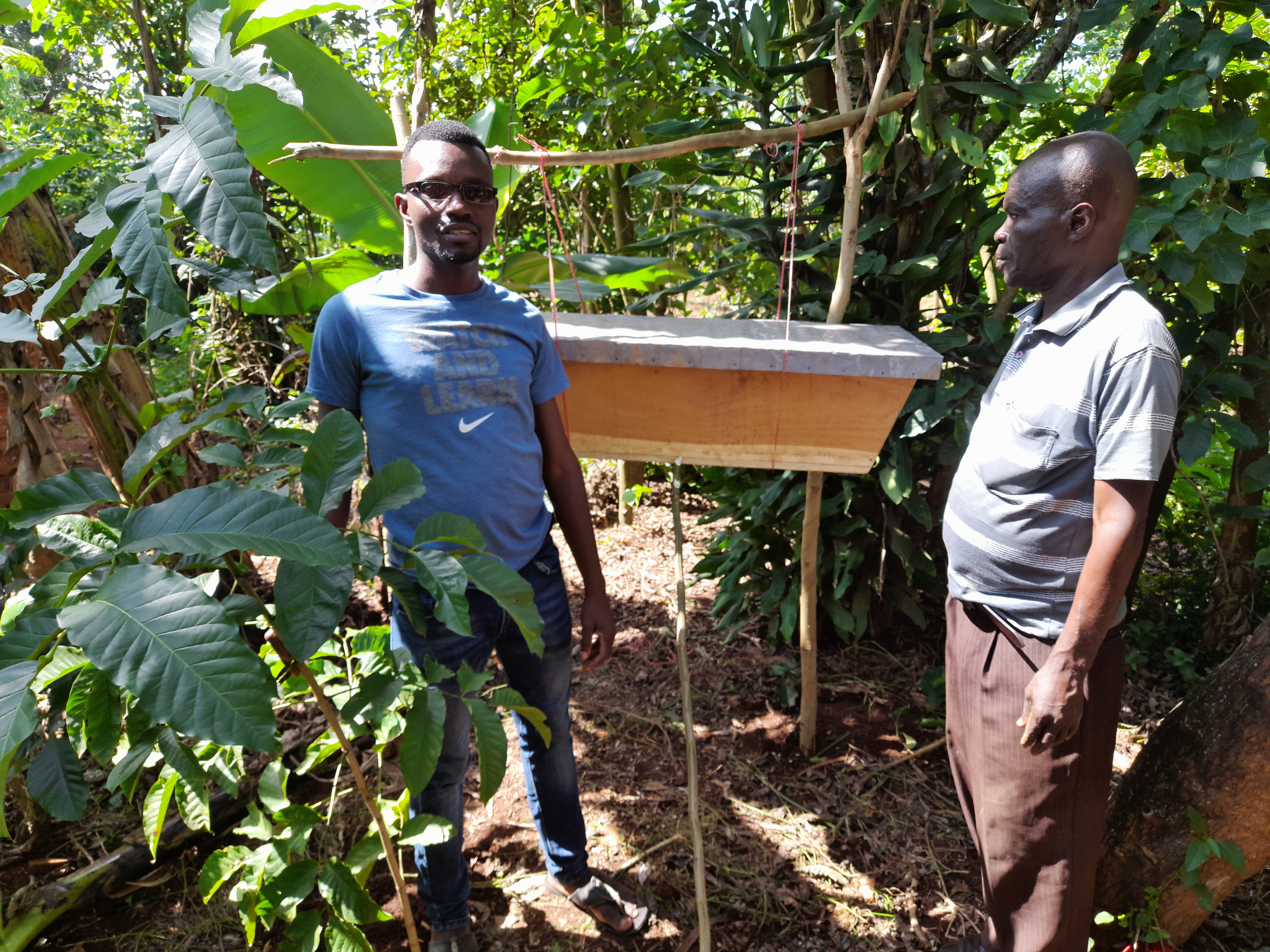
Snake River Music Gardens introduces YIA-U’s Five Year Strategic Plan 2023-2028 and Budget, authored by Waiswa John Billy and Joseph Mulopi. The purpose of this plan: grow food forests and end hunger forever.
How does the plan work? YIA-U already empowers 3000 vulnerable Ugandans who may apply for food forest certification. Site visits set up rainwater harvesting, soil fertility and sanitation practices. Applicants receive micro-loans for farmer inputs: vegetable seeds, tree seedlings, hand tools, and beehives. YIA-U strictly qualifies applicants. To receive a micro-loan for farm inputs, applicants must have at least 1/4 acre, demonstrate a passion for agriculture, agree to cover the soil with mulch to hold water and increase soil fertility, host food forest workshops to train locals, and abide by micro-loan ethics: Food first, repay micro-loan second, all else third.![]()
In January, 2023, YIA-U conducted baseline surveys in central and outlying districts. YIA-U is particularly concerned about northern Uganda, a semi-arid region where famine has already taken hundreds of lives. This district could grow food for locals and for export with proper watershed management.
How is the Strategic Plan funded? Youth in Act - Uganda and Snake River Music Gardens are raising private funding. The Strategic Plan fulfills sustainability goals, improves the soil, feeds and empowers the poor to be self-reliant, and brings crops to market for income generation.
To read the Strategic Plan, click on:
